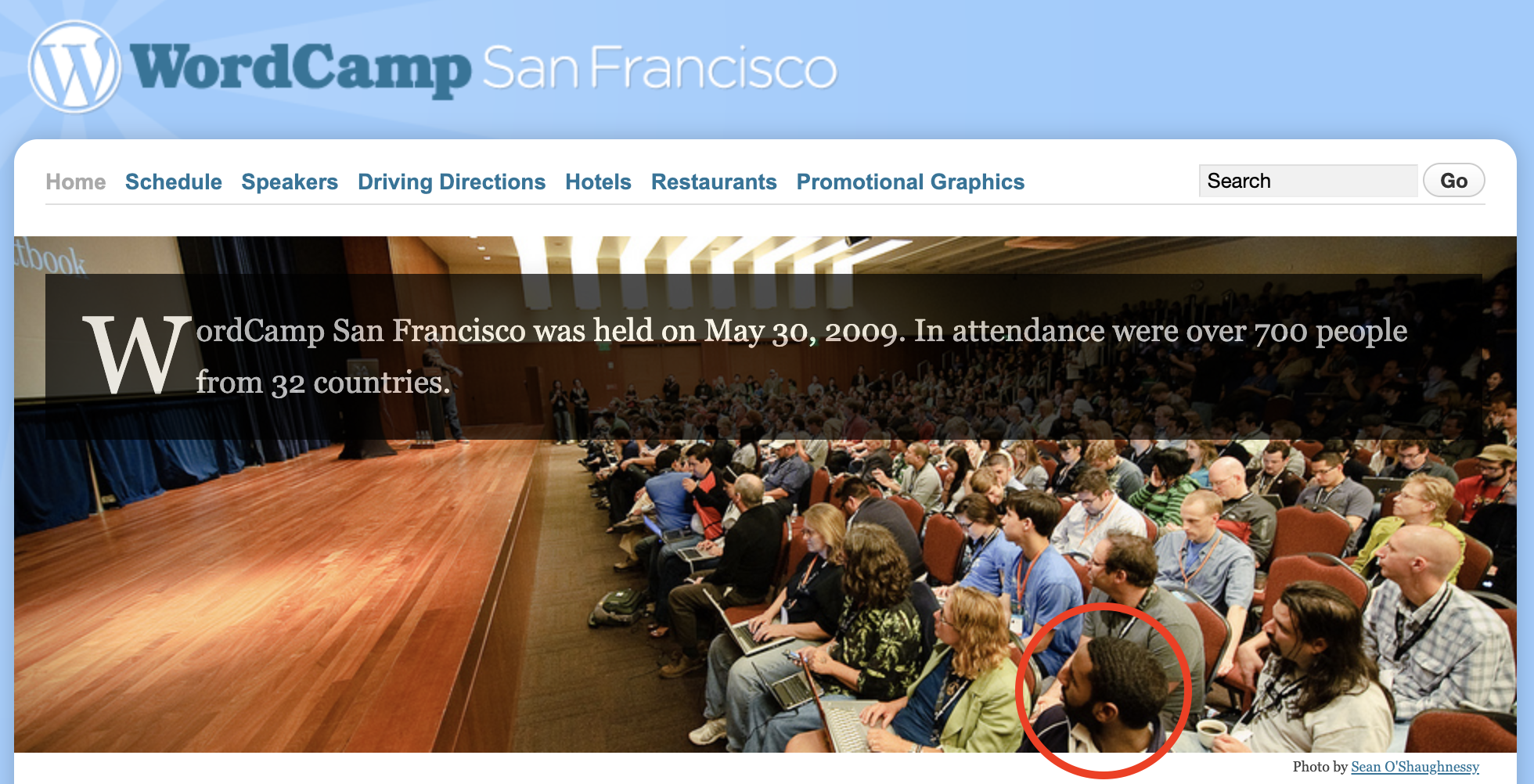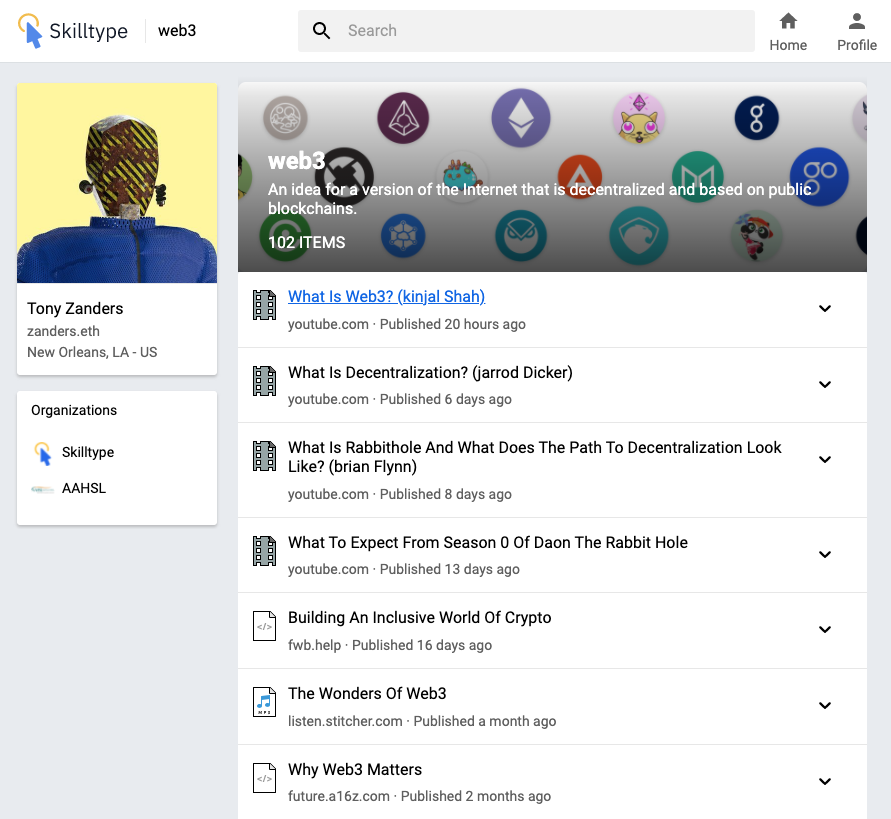Though legacy library tech went cloud over the past decade, it all was built for a library that wasn’t held accountable by users and funders. As a result, it won’t help the library navigate the next decade. Emerging tech was built in response to the accountability and will.
Emerging technology in libraries doesn’t have a category or label. It isn’t recognized by legacy media like Library Journal or Library Technology Guides. It doesn’t have an existing line item in the budget. But patrons and staff demand the library find a way to subscribe.
Emerging library tech has seven core components developed with the perfect hindsight of its 10-20 year old legacy incumbents:
☁️ cloud native
️ privacy conscious
data informed
欄 collaborative
socially responsible
predictable pricing
️ strategically aligned
Emerging library technology promotes new champions, groups who’s voices have been traditionally ignored or undervalued by their legacy counterparts
- student workers
- assessment librarians
- HR managers/training coordinators
- supervisors
- professional associations
- iSchools
Soon, emerging technology will have its own budget, justified as an investment into the future of the organization; rather than blindly siphoning budget into legacy systems that created the situation libraries are in today simply because “we’ve always done it this way”.
By 2030, emerging technology will have completely rewired the library org chart away from departments conceived by legacy technology, and reimagined the org chart in response to patrons and funders.
Examples of emerging library technology include
- Open Athens for student success
- Lean Library for patron engagement
- Consortia Manager for buying clubs
- Libby for personal library collections
- Skilltype for library talent development
- On Cyber for online museums
Because emerging tech requires different expertise, relationships, alliances and sources of inspiration than its legacy counterparts, it will create an entirely new ecosystem of conveners, consultants, standards bodies, and storytellers stemming from adjacent information fields.
As with any new generation of software, emerging library technology will also face its share of detraction, critique, misunderstanding, and gatekeeping. But pandemic-induced tailwinds won’t allow it to be stopped. Opponents will simply be replaced by forward-thinking successors.




